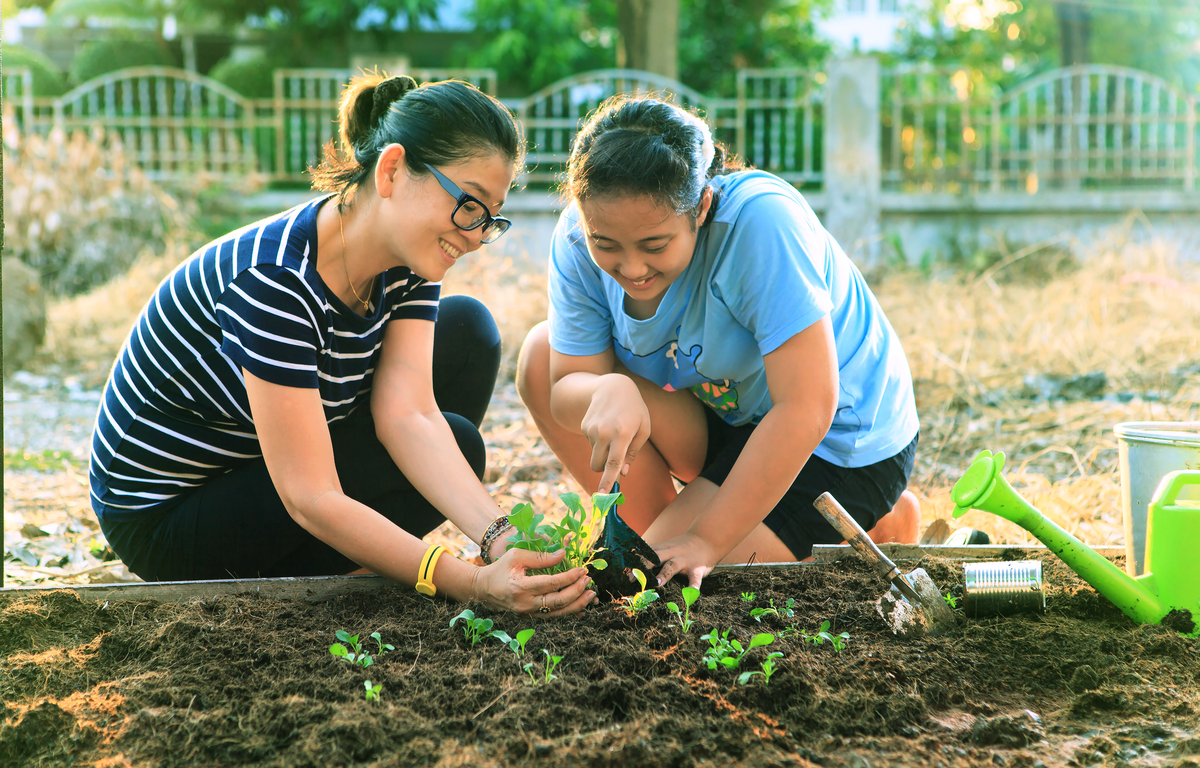CLARKSVILLE, Tenn. (CLARKSVILLENOW)- Children learned this week that they will not return to school to finish the school year because of the COVID-19 pandemic.
Children have had their daily routines disturbed by governmental executive orders to protect their health and safety.
While adults adjust to the changes, it’s important to help children do the same especially since they may struggle with the sudden changes and fear the unknown.
“There are differences between how adults cope and children. We have to be aware of that,” said Dr. Abhi Saxena, a psychiatrist at Vanderbilt Psychiatric Hospital. “We (as adults) understand, but (children) all of a sudden were put out of school and can’t see their friends. Depending on their age, many can’t fully understand.”
Saxena, an assistant professor of Clinical Psychiatry and Behavioral Science, said behaviors may change in some children and emotions such as irritability, frustration, anger, change in sleep patter, anxiety and acting out may occur in some children.
“Don’t turn an eye to bad behavior and still parent them, but understand it is frustrating,” Saxena said. “We as adults are frustrated, but to a kid it’s unfair. They may not understand depending on their age. Communicate with them, listen to where they are at and keep open communication.”
Routines
The best way to help your child cope emotionally is to continue to give them a sense of order and normalcy.
“You want to keep a routine for them and involve them more in your life,” he said. “Let them help and make sure you are spending quality time with your children.”
With many parents working from home, the balance can be difficult and Saxena said parents should take time for themselves, make routines realistic and not stress themselves sick with expectations.
Small things like safely getting sunshine and air, Facetiming or communicating with family members and friends, doing daily chores and educational activities can give children a sense of purpose and routine.
Communication and Quality time
Talking about what’s going on with children and validating their feelings about it is a very important part of helping children cope.
Communicating and watching your child’s behavior for changes and signs is also imperative to helping them cope.
“It’s really important for us to validate them and let them know we understand and those feelings aren’t coming from nowhere.” Saxena said. “We have to show them we want to help.”
Saxena said being ‘present’ and ‘staying involved’ with your children will help them cope.
“You want to spend quality time and not just be there, but spend time with them,” Saxena said. “Some days, I know we all just survive, but as best as you can have safe experiences with your children. … Challenge them.”
Good Habits
Saxena said monitoring what children are exposed to as far as COVID-19 news and stories should be something parents are “careful and thoughtful about.”
Also making sure they stay healthy and practice good nutrition by avoiding a lot of junk food daily will help them develop good habits.
Seek Help
If children display noticeable different behavior that is long-lasting and not in their normal character take notice and take it serious, Saxena said.
“If they aren’t themselves and it’s going on for a long period of time, consistently and affecting their function and interferes with their life, it’s good to talk to an expert,” he said. “Healthcare is still open and someone is always there to help so if you feel something is wrong, don’t ignore your gut. Ask for help.”
The CDC offers the following tips for parents on how to talk to your child about the coronavirus.
Remain calm and reassuring.
- Remember that children will react to both what you say and how you say it. They will pick up cues from the conversations you have with them and with others.
Make yourself available to listen and to talk.
- Make time to talk. Be sure children know they can come to you when they have questions.
Avoid language that might blame others and lead to stigma.
- Remember that viruses can make anyone sick, regardless of a person’s race or ethnicity. Avoid making assumptions about who might have COVID-19.
Pay attention to what children see or hear on television, radio, or online.
- Consider reducing the amount of screen time focused on COVID-19. Too much information on one topic can lead to anxiety.
Provide information that is honest and accurate.
- Give children information that is truthful and appropriate for the age and developmental level of the child.
- Talk to children about how some stories on COVID-19 on the Internet and social media may be based on rumors and inaccurate information.
Teach children everyday actions to reduce the spread of germs.
- Remind children to stay away from people who are coughing or sneezing or sick.
- Remind them to cough or sneeze into a tissue or their elbow, then throw the tissue into the trash.
- Discuss any new actions that may be taken at school to help protect children and school staff.
(e.g., increased handwashing, cancellation of events or activities) - Get children into a handwashing habit.
- Teach them to wash their hands with soap and water for at least 20 seconds, especially after blowing their nose, coughing, or sneezing; going to the bathroom; and before eating or preparing food.
- If soap and water are not available, teach them to use hand sanitizer. Hand sanitizer should contain at least 60% alcohol. Supervise young children when they use hand sanitizer to prevent swallowing alcohol, especially in schools and childcare facilities.
For information about talking to your children about the coronavirus click here.


